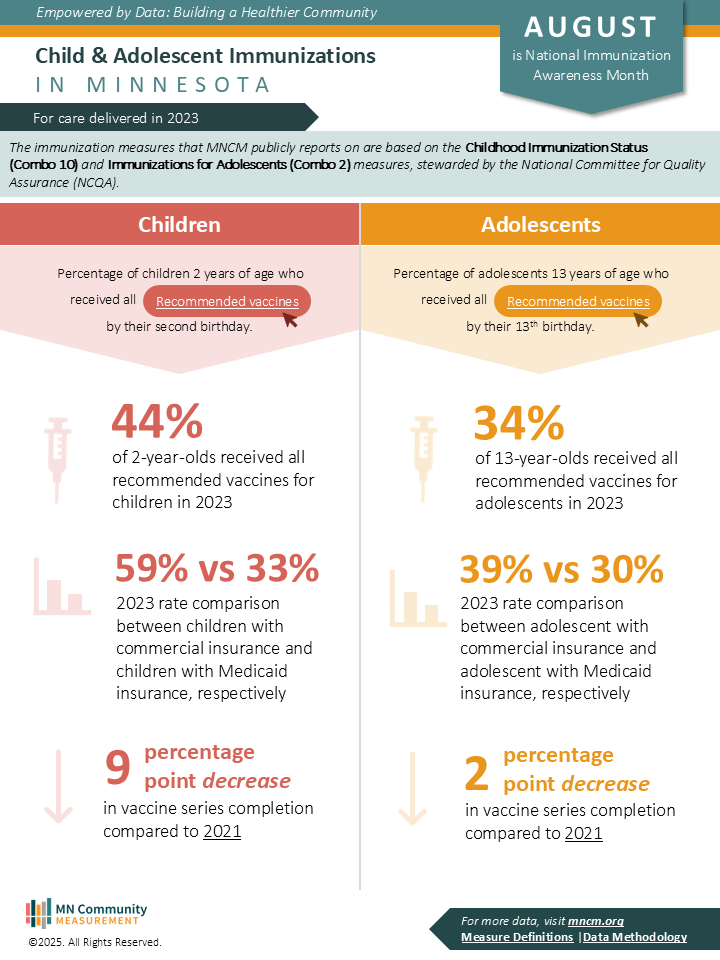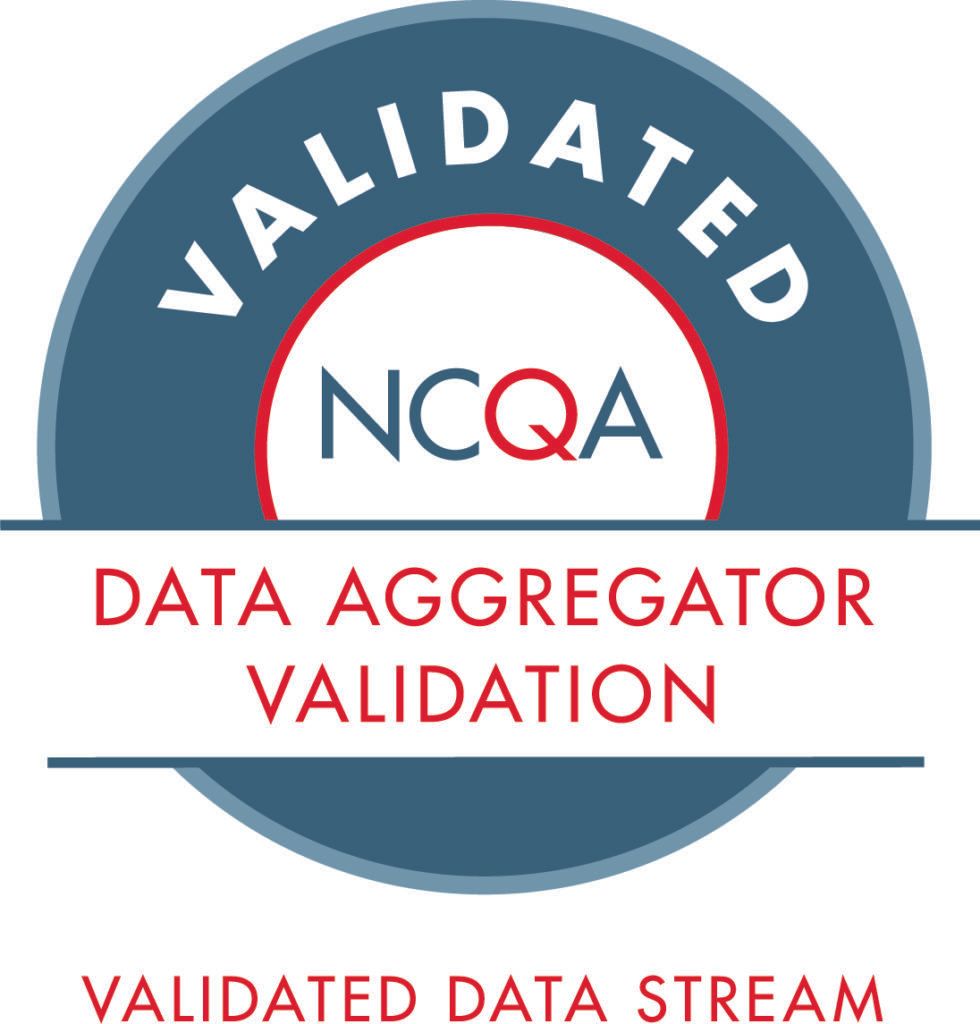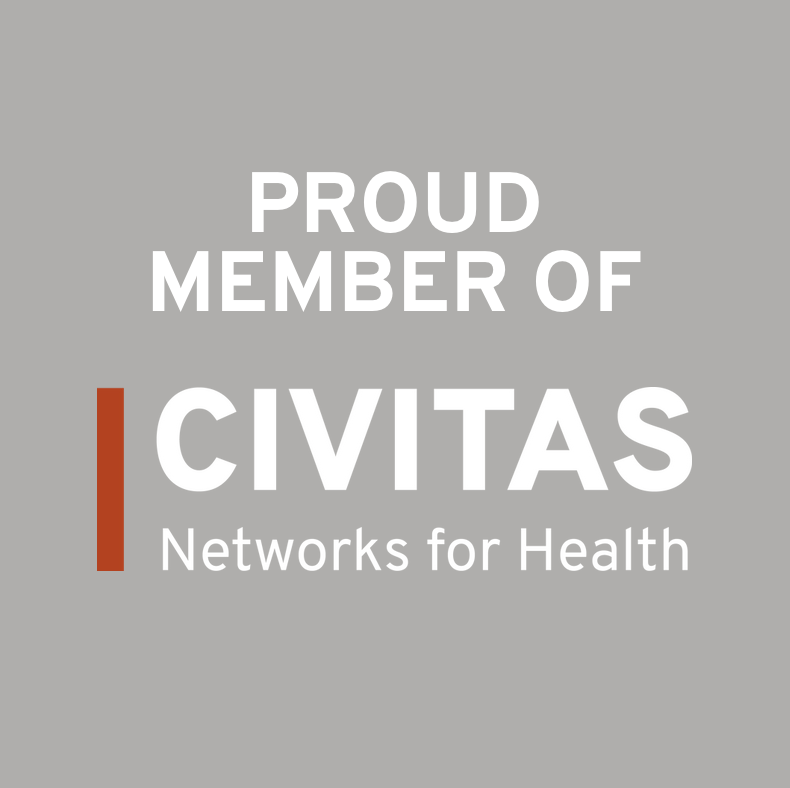Transitioning to Digital Quality Measurement: Insights from MNCM’s Experience
October 28, 2024
At the recent Core Quality Measures Collaborative (CQMC) annual strategic planning session, Rowan Mahon, PharmD, MPH, MHI, Manager of Data Integrity & Clinical Informatics at MNCM, shared invaluable insights into the transition from traditional clinical quality measures (CQMs) to digital quality measures (DQMs). With a background as both a clinical laboratory scientist and pharmacist, Dr. Mahon offered a unique perspective on the technical and clinical sides of healthcare data and the process of standardizing clinical data extraction for quality measurement.
Understanding Digital Quality Measures
Digital quality measures, or DQMs, present a fundamental shift in how healthcare organizations assess performance. Unlike clinical quality measures that often rely on manual chart reviews and unstructured data from clinical notes, DQMs are fully automated, using structured data and standardized processes such as Clinical Quality Language (CQL) for calculations. While MNCM does not yet use CQL for its measures, the transition to automation and structured data collection mirrors many elements of the DQM framework.
The Benefits and Challenges of DQMs
Dr. Mahon emphasized the advantages of DQMs, noting their efficiency, scalability, and ability to improve population-level accuracy once fully implemented. However, she highlighted the complexities involved in transitioning from CQMs to DQMs. The initial setup requires significant investment in infrastructure, collaboration between technical and clinical teams, and the expertise needed to design and manage digital measures effectively.
While CQMs offer a nuanced and detailed view of individual patients, DQMs excel at scaling this insight to large populations, making healthcare quality data more actionable and impactful at the system level.
Key Barriers to DQM Implementation
One of the primary barriers identified by Dr. Mahon is the lack of standardization in healthcare data. Despite the widespread adoption of electronic health records (EHRs), there remains significant variability in how data is housed and structured. This lack of uniformity poses substantial challenges for data integration and the automation of measure calculations. Furthermore, the use of complex technical languages like CQL presents learning curves for both measure developers and clinicians.
Dr. Mahon also highlighted challenges related to clinical value sets, which define the specific populations targeted by a measure. Building a clinical value set is essential for the accuracy and effectiveness of any healthcare measurement. If the wrong patients are included or if appropriate patients are excluded, the results will be incorrect, rendering the entire evaluation process invalid. She advocated for standardizing value sets whenever possible to enhance consistency and reliability in healthcare measurements.
About the Core Quality Measures Collaborative (CQMC)
The Core Quality Measures Collaborative (CQMC) is a multi-stakeholder organization committed to aligning healthcare quality measures across both public and private payers. Its goals include identifying high-value, high-impact, evidence-based measures to improve health outcomes, reducing the burden of measurement for healthcare providers, and ensuring that consumers have access to actionable, transparent information. As a member of CQMC, MN Community Measurement (MNCM) plays a key role in advancing these efforts, with MNCM’s President and CEO, Liz Cinqueonce, serving on the CQMC steering committee. Through this collaboration, MNCM contributes to the national conversation on streamlining quality measurement and improving healthcare outcomes across the country.
MNCM’s Role in Advancing Digital Quality Measurement
Founded in 2005, MNCM has been at the forefront of advancing healthcare quality, affordability, and equity in Minnesota through data-driven insights. As a convener, measure developer, and data aggregator, MNCM has created an environment where healthcare providers, payers, and other stakeholders can collaborate to standardize data collection and improve healthcare outcomes across the state.
A critical aspect of this standardization is MNCM’s Process Intelligence Performance Engine (PIPE), which streamlines data collection processes and ensures uniformity across various medical groups. By facilitating the submission of standardized data from the majority of medical groups in Minnesota, PIPE enables MNCM to efficiently run and analyze its publicly reported clinical measures. This comprehensive approach not only enhances the accuracy of the reported measures but also provides valuable insights into healthcare performance and outcomes across the state.
MNCM’s work extends beyond simple data collection; their data are used for benchmarking, value-based contracting, and addressing health disparities. The organization’s development of PIPE is a key example of how they have reduced the reporting burden on providers while improving the timeliness and accuracy of data collection.
The Future of Digital Quality Measurement
The transition to digital quality measures, while challenging, is an essential step toward improving healthcare at scale. As Dr. Mahon concluded, the journey toward full DQM implementation demands both technical and clinical expertise, as well as ongoing collaboration between stakeholders. MNCM’s success in developing PIPE and in supporting statewide reporting requirements highlights the value of standardized, automated data collection in driving meaningful change. Through continued innovation and collaboration, organizations like MNCM are paving the way for a healthcare system that is more efficient, equitable, and capable of leveraging data to improve patient outcomes. As the field of digital quality measurement evolves, Dr. Mahon’s insights offer a valuable roadmap for navigating the opportunities and challenges that lie ahead.

Rowan Mahon, PharmD, MPH, MHI
Manager of Data Integrity & Clinical Informatics
Dr. Rowan Mahon is a healthcare leader with advanced degrees in Pharmacy (PharmD), Public Health (MPH), and Health Informatics (MHI), and is a certified Medical Laboratory Scientist (MLS ASCP). As the founder and Managing Director of RoundtableRx, Minnesota’s first state-approved medication repository program, Dr. Mahon led efforts to pass legislation to redistribute surplus medications to underserved communities. With over a decade of experience in data analytics, HEOR/RWE, and clinical quality improvement, they have driven health equity through strategic partnerships and innovative solutions. Dr. Mahon is also skilled in Python, SQL, and R, excelling in translating complex data into actionable insights.
Posted in Blog
Recent Posts








